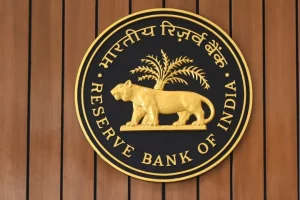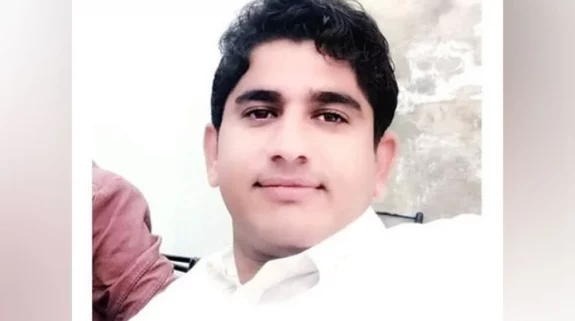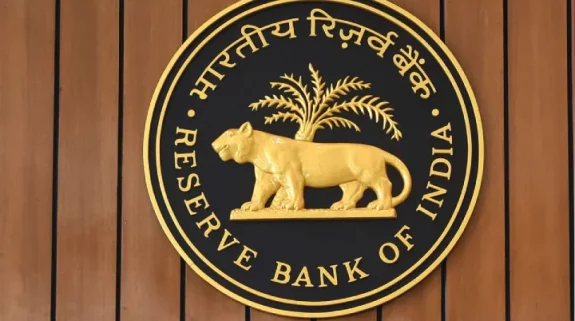Human Rights Watch, which investigates and reports on abuses happening in all corners of the world, has accused Bangladesh authorities of using the abusive Digital Security Act (DSA) to harass and indefinitely detain activists, journalists, and others critical of the government and its political leadership.
"Bangladesh authorities are flouting the rule of law, arbitrarily arresting anyone they feel might be criticizing the government, and in particular the prime minister or her family. At a time when the government should be reducing the prison population to protect against the spread of Covid-19, they are locking people up simply for their comments on social media," Brad Adams, Asia director at Human Rights Watch, said Wednesday.
The international non-governmental organization, headquartered in New York City, particularly mentioned the case of Shafiqul Islam Kajol, a journalist who was "forcibly disappeared" for 53 days and then held under Criminal Procedure Code Section 54, criticized as a loophole to enable torture because it empowers police to arrest people without a warrant and detain them for up to 15 days without a lawyer. Kajol was held under Section 54 in pretrial detention for nearly two months – far beyond the limits under Bangladesh and international law.
The curious case of Kajol was <a href="https://indianarrative.com/world/is-free-speech-under-threat-in-bangladesh-1849.html">highlighted by India Narrative</a> in May this year.
<img class="wp-image-4299 size-medium" src="https://indianarrative.com/wp-content/uploads/2020/07/79b0659f71e6b723309a22fdc965b431-300×180.jpg" alt="" width="300" height="180" /> A.M.M. Bahauddin, the editor of the Daily Inqilab newspaper in Bangladesh, has been sued under the Digital Security Act for publishing a column calling on the government to remove the Prime Minister's political adviser. The daily published a report against Bangladesh Prime Minister Sheikh Hasina's political adviser H.T. Imam on June 26Human Rights Watch said today that the administration of Prime Minister Sheikh Hasina should immediately take steps to amend or repeal the controversial DSA to protect freedom of speech.
"On June 28, Kajol was again denied bail and placed on a two-day remand so the authorities could reportedly "interrogate" him for information connected to one of three Digital Security Act cases against him. Remand, a period in which detainees are taken into police custody as part of an investigation, has been consistently documented to be a period when Bangladesh authorities torture people. The Bangladesh High Court has issued directives for interrogation in remand, including that it must take place in a room with glass walls inside the prison, with lawyers and relatives allowed to monitor nearby. But these directives are rarely followed, if ever," the organization said in a detailed statement Wednesday.
<blockquote class="twitter-tweet"><p lang="en" dir="ltr">Journalist Shafiqul Islam Kajol's unlawful detention is a travesty of the rule of law in <a href="https://twitter.com/hashtag/Bangladesh?src=hash&ref_src=twsrc%5Etfw">#Bangladesh</a>. No one should be punished for peacefully exercising their right to freedom of expression. <a href="https://twitter.com/hashtag/FreeKajol?src=hash&ref_src=twsrc%5Etfw">#FreeKajol</a> <a href="https://twitter.com/whereiskajol?ref_src=twsrc%5Etfw">@whereiskajol</a> <a href="https://t.co/P2TmcyF0JM">pic.twitter.com/P2TmcyF0JM</a></p>— Amnesty International South Asia (@amnestysasia) <a href="https://twitter.com/amnestysasia/status/1270581267805827074?ref_src=twsrc%5Etfw">June 10, 2020</a></blockquote> <script async src="https://platform.twitter.com/widgets.js" charset="utf-8"></script>
It also highlighted another case of Ahmed Kabir Kishore, a cartoonist; Mushtaq Ahmed and Didarul Bhuiyan, both activists; and Minhaz Mannan Emon, a businessman, all of whom were arrested under the Digital Security Act over a month ago for "spreading rumors and misinformation on Facebook" because they criticized the government's response to the Covid-19 pandemic.
"Indefinite periods of pretrial detention violate Bangladesh’s commitments under international law, yet, according to World Prison Brief, over 80 percent of the nearly 90,000 detainees in Bangladesh are being held in pretrial detention. International law requires that pretrial detention be used as an exception, not the rule, and is only to be used for the shortest possible time and when demonstrably necessary for specific reasons, including risk of flight and threats to witnesses. Many detainees in Bangladesh, however, have been awaiting trial longer than the maximum punishment if they had been convicted. The recent wave of arrests and indefinite detention of government critics highlights the ways in which the ruling party and its supporters use the Digital Security Act’s vague and overly broad measures to abuse the rights to free speech and silence critics," said Adams.
The Digital Security Act was enacted to replace the much-criticized Section 57 of the Information and Communication Technology Act (ICT), which had been used in numerous arbitrary arrests for criticizing the government on social media or even for liking or sharing content. But the new law not only retained some of the ICT’s most problematic provisions, but also included more provisions criminalizing peaceful speech.
On June 20, Bangladesh police reportedly arrested a 15-year-old for "defaming" the prime minister in a Facebook post in which, a local ruling party politician said, the boy had "badmouthed… our mother-like leader." The child was sent to a juvenile detention center where, police said, he would spend time "realizing his mistakes and correcting his character."
In February, the authorities had arrested a publisher, Nur Mohammad, and a Sufi singer, Shariat Sarker, for criticizing the ruling party and religious leaders.
The Bangladesh’s Editors’ Council, an association of newspaper editors, had warned that the law is "against the freedom guaranteed by the constitution, media freedom and freedom of speech." Bangladesh should heed calls from the international community and Bangladesh civil society to repeal the vague and overly broad segments of the Digital Security Act that facilitate abuse.
"The ruling party is literally playing with people’s lives by holding them in indefinite detention under spurious charges amid a global pandemic. Instead of using Covid-19 as a pretense to lock up critics, the authorities should be responding to the pandemic by releasing people like Kajol, who have been arbitrarily arrested and pose no danger to others," said Adams..




















